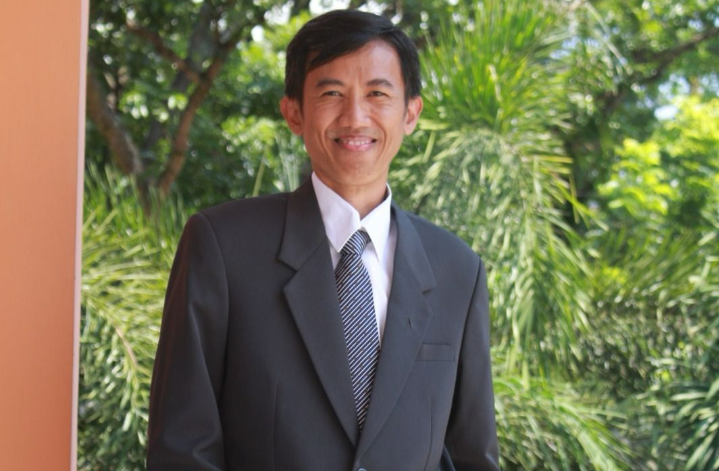Information Literacy in the Digital Era: A Key to Combating Hoaxes and Disinformation
Insight by Heriyanto, S.Sos., M.IM., Ph.D. (heriyanto@live.undip.ac.id)
As the digital era continues to evolve, information literacy has become an essential skill for society in filtering and understanding the information they receive. The Public Relations Team of the Faculty of Humanities (FIB) at Diponegoro University (Undip) had the opportunity to interview Heriyanto, S.Sos., M.IM., Ph.D., Head of the Library Science Study Program at FIB Undip, to discuss his expertise in information literacy and open access.
Information Literacy: The Ability to Filter and Understand Information
According to Dr. Heriyanto, information literacy has two main perspectives. First, the ability to understand information, whether in text, images, or audiovisual formats. Society must adopt a critical mindset toward circulating information. Validation is a crucial step in determining whether information is accurate and reliable, including verifying the source—such as the profile of the information creator and the media used.
In the field of Library Science, information literacy also encompasses an individual’s experience in utilizing information. This includes how information influences opinions, decision-making, and actions in academic life, work, business, politics, and daily life.
“In the Library Science program, we explore information literacy as an individual’s experience in interacting with information. We analyze how information impacts thought patterns and decision-making,” he explained.
Open Access: The Movement for Free Information Access
Beyond information literacy, Dr. Heriyanto also discussed open access, a concept where academic resources, such as journals and scientific databases, are made freely accessible without financial barriers.
“In the field of library and information science, we recognize the Open Access Movement, which aims to bridge the information gap for those without access to paid resources,” he explained.
Diponegoro University itself has invested significantly in journal and database subscriptions. However, with the open access initiative, Undip’s academic community gains wider access to various information sources.

Kaprodi Ilmu Perpustakaan FIB Undip
Challenges of Information Literacy in the Digital Age
In today’s digital era, where social media and artificial intelligence (AI) are rapidly advancing, information literacy is more relevant than ever. Both Gen Z and older generations are consumers of social media content and are equally susceptible to information overload. Therefore, the main challenge is the ability to filter valid and relevant information.
“As information consumers, we must remain vigilant because every piece of information carries a certain motive from its creator,” he emphasized.
He cited the COVID-19 pandemic as an example, during which many people immediately believed and reacted to information without verifying it first.
“During the pandemic, nearly all news was accepted without question, leading to panic buying. Now, with AI advancements, we can even see photos, videos, or hear voices that may have been entirely AI-generated,” he added.
The Role of Education in Information Literacy
According to Dr. Heriyanto, information literacy also plays a crucial role in education. At the Library Science Study Program at Undip, students not only learn library management but also develop educational functions to promote information literacy to the public.
“Students learn to design information literacy education modules that can be applied to various community groups, from students and lecturers to the general public,” he said.
Information literacy is not exclusive to a specific profession. It is an essential skill for information managers, journalists, and even influencers, who must ensure that the information they share is useful, accurate, and not misleading.
Amid the overwhelming flow of information, information literacy and open access are critical aspects of building a society that is more critical and intelligent in managing information. Dr. Heriyanto emphasized that awareness in filtering information and understanding its motives is the key to navigating a digital era full of disinformation risks.
Dean of FIB Undip, Prof. Dr. Alamsyah, M.Hum., fully supports studies and initiatives that benefit FIB Undip, including the contributions of the Library Science Study Program.
With proper education and the utilization of open-access resources, society can become more independent in seeking accurate information and responsibly sharing it.
